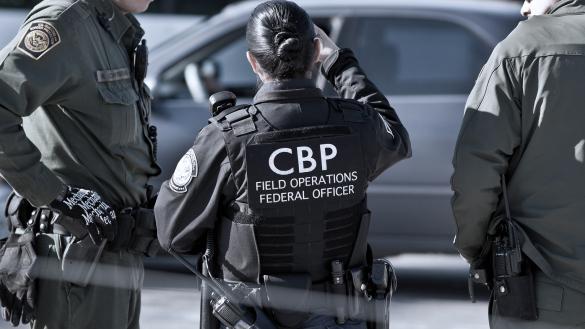Long used in criminal trials, motions to suppress can lead to the exclusion of evidence obtained by the government in violation of the Fourth Amendment, Fifth Amendment, or related provisions of federal law. While the immediate purpose of filing a motion to suppress is to prevent the government from meeting its burden of proof, challenges to unlawfully obtained evidence can also deter future violations by law enforcement officers and thereby protect the rights of other noncitizens. The Supreme Court held in INS v. Lopez-Mendoza, 468 U.S. 1032 (1984), that motions to suppress evidence under the Fourth Amendment in immigration proceedings should be granted only for “egregious” violations or if violations became “widespread.” Despite this stringent standard, noncitizens have prevailed in many cases on motions to suppress.





